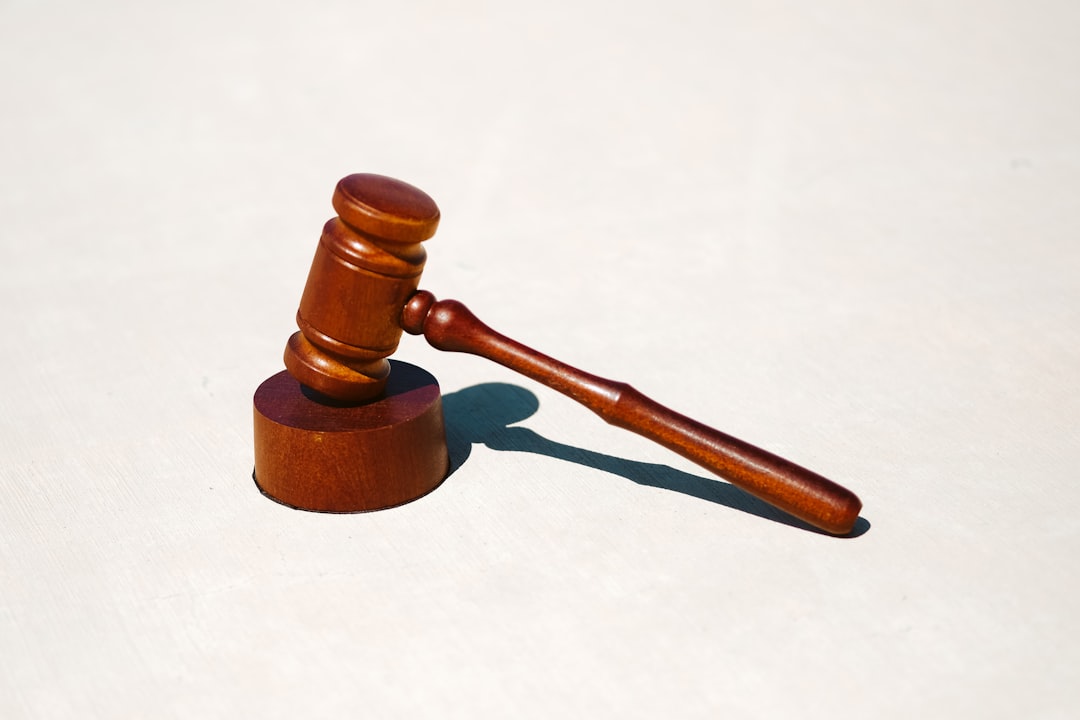In the digital age, social media platforms significantly impact sexual assault cases in Pennsylvania, where rape attorneys scrutinize online records for evidence such as messages, photos, and posts. Digital evidence can prove or refute claims, with attorneys leveraging it to strengthen cases. Individuals involved must protect their privacy, restrict social media access, and be cautious with settings to safeguard sensitive details and rights during legal proceedings, consulting always with their legal team.
In the digital age, social media can leave an indelible trail that significantly impacts sexual assault cases. The Pittsburgh Warning highlights how online platforms can be both a double-edged sword for victims. While social media offers opportunities to share experiences and gain support, it also presents challenges—the potential for digital evidence manipulation or its absence during legal proceedings. This article explores these nuances, delving into the legal implications of using online evidence in court and providing guidance on protecting privacy during sexual assault lawsuits in Pennsylvania, crucial steps for those seeking justice with the aid of rape attorneys.
The Digital Trail: How Social Media Can Affect Rape Cases

In today’s digital age, social media platforms can leave a lasting digital trail, which may significantly impact sexual assault cases in Pennsylvania. Evidence found on social media, such as messages, photos, and posts, can serve as powerful tools for both prosecution and defense. Rape attorneys in Pennsylvania often scrutinize these online records to gather insights into the victim’s and accused’s conduct before, during, and after the alleged incident.
This digital evidence can provide crucial context, potentially proving or refuting claims made by either party. For instance, messages exchanged on social media platforms might reveal consent or lack thereof, while photos could depict behaviors that support or contradict the narrative of the case. As such, individuals involved in a sexual assault case must exercise caution when it comes to their online presence, understanding that their digital footprint could be closely examined by rape attorneys and play a substantial role in shaping the outcome of their legal proceedings.
Legal Implications: Using Online Evidence in Court

The digital age has brought about significant changes in how evidence is gathered and presented in legal cases, including sexual assault trials. Online platforms and social media can serve as valuable resources for both prosecution and defense teams, offering a wealth of information that may be relevant to the case. For instance, rape attorneys in Pennsylvania often utilize social media posts, messages, and images to build or strengthen their arguments. This digital evidence can provide crucial insights into the victim’s life before and after the incident, as well as the accused’s intentions and state of mind.
However, using online evidence requires careful consideration of legal implications. The admissibility of digital content in court is subject to strict rules, ensuring fairness and protecting individuals’ privacy rights. Rape attorneys must navigate these guidelines, ensuring that any online material presented is obtained legally and meets the necessary criteria for admission as evidence. This process involves a thorough understanding of case law and data privacy regulations, especially when dealing with sensitive personal information found on social media platforms.
Protecting Your Privacy: Navigating Social Media During a Sexual Assault Lawsuit in Pennsylvania

Protecting your privacy is a critical aspect of navigating a sexual assault lawsuit in Pennsylvania, especially when social media is involved. With the vast amount of information readily available online, it’s essential to be mindful of what you share and how it could impact your case. Rape attorneys in Pennsylvania emphasize the potential consequences of digital footprints; a simple post or photo could inadvertently reveal sensitive details about your life, including locations, individuals involved, and even your state of mind during and after the incident.
Therefore, it’s crucial to restrict access to your social media accounts and be cautious with your privacy settings. Consider temporarily disabling your accounts or using private browsing modes to prevent any digital traces from being left behind. If you must engage online, consult with your legal team beforehand to ensure your interactions remain within safe boundaries, safeguarding your rights throughout the legal process.






